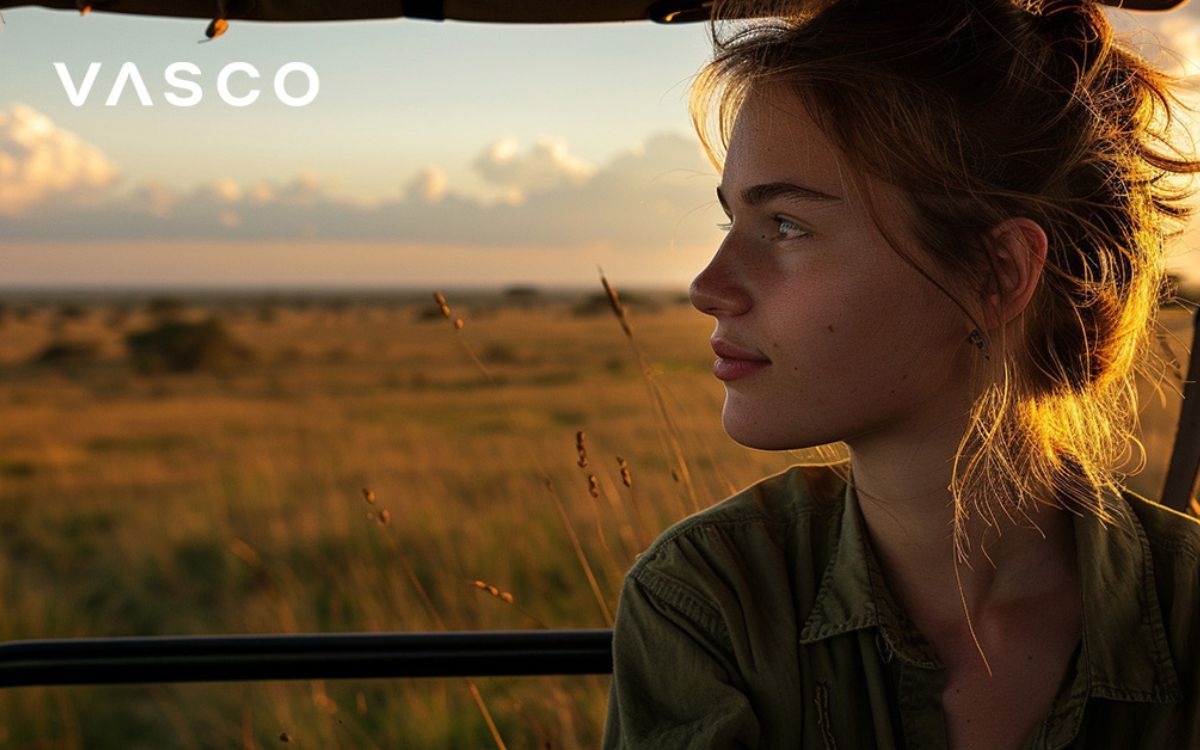Africa, a continent bursting with wonders, is a treasure trove that beckons travelers and curious minds alike.
And so, you may wonder: what are interesting facts about Africa, and what is Africa known for?
From its vast savannas to the bustling cities, both South and North Africa is a land of diversity, history, and extraordinary cultures. Embark on a journey through this captivating continent as we explore what are interesting facts about Africa, weaving a narrative that not only informs but also inspires.
FAQ:
How many countries are in Africa?
What food is popular in Africa?
What language is spoken in South Africa?
What is the main language in Africa?
What is the largest lake in Africa?
What is the tallest mountain in Africa?
What African country speaks 16 languages?
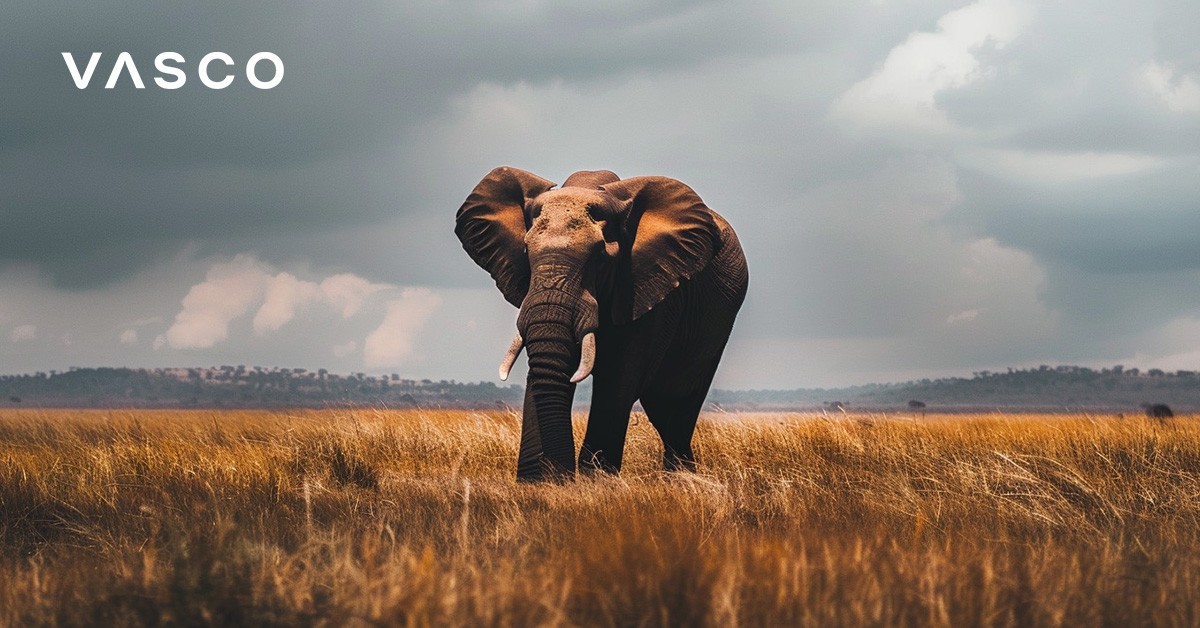
Table of Contents:
What Are Interesting Facts about Africa: A General Compedium
Let’s delve into some of the most interesting facts about African culture & history.
Geographical Marvels
Spanning over 30 million square kilometers, Africa is the second-largest continent, home to 54 sovereign countries and a myriad of unique landscapes. One of its crown jewels, Lake Victoria, is a vast body of water that’s not only the largest lake in Central Africa but also the chief reservoir of the Nile. Which also happens to be world’s longest river!
And when it comes to the countries in North Africa, be sure to check our article about Egypt. Even though it gives travel tips, it also includes some interesting facts about Ancient Africa!
Surrounding this great lake are African islands, each telling its own story of solitude and serenity, contributing to the rich tapestry of African geography.
Many West African countries are also known for beautiful coasts and bordering with the world’s largest desert – Sahara.
Cultural Richness
From the Maasai of East Africa to the Yoruba of West Africa, every community offers a glimpse into a complex mosaic of traditions.
Music, an integral part of the African culture, resonates with the beat of drums and the melody of traditional instruments, narrating stories of joy, sorrow, and celebration.
A journey through Africa is also incomplete without savoring its culinary diversity. What is traditional African food like? To give a short answer: it’s a fusion of flavors, invites you to taste the history of this incredible continent. More about that later!
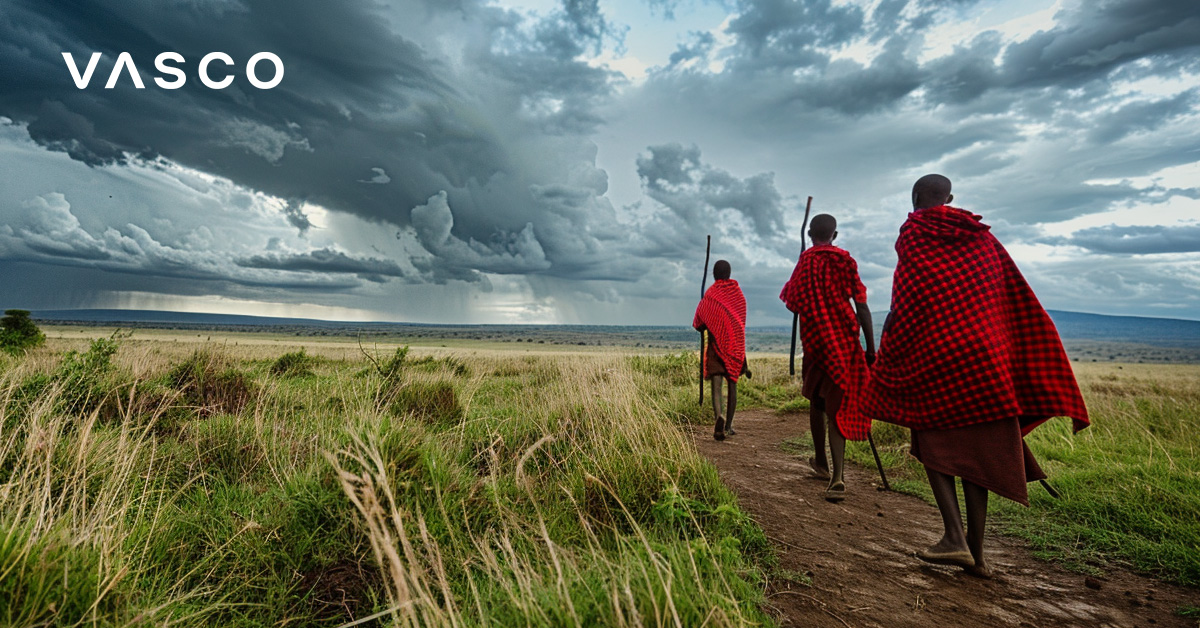
Historical Highlights
Africa’s history is as fascinating as its lands are vast. Ancient Africa, with civilizations like Egypt and Nubia, laid foundations that still mesmerize the world today.
Cape Town, South Africa, known as the Mother City, encapsulates the country’s diverse history from its indigenous peoples to its role in the global narrative of exploration and colonization.
Natural Wonders and Wildlife
Wondering what are some facts about animals in Africa?
Well, Africa is synonymous with its wildlife, boasting some of the most iconic species on the planet. The continent’s national parks and reserves are guardians of this natural heritage, offering sanctuary to everything from the majestic lion to the elusive elephant. Lake Victoria, being the world’s largest tropical lake, plays a critical role in supporting both human and animal life in Central Africa.
Modern-Day Mysteries and Achievements
The continent’s narrative is not just rooted in the past; it’s vibrantly living in the present and eagerly leaning into the future.
South Africa, with its rich history, is a beacon of modern achievement and cultural dynamism. From pioneering heart transplants to creating a society that thrives on diversity, the country encapsulates the spirit of Africa’s relentless drive towards growth and innovation.
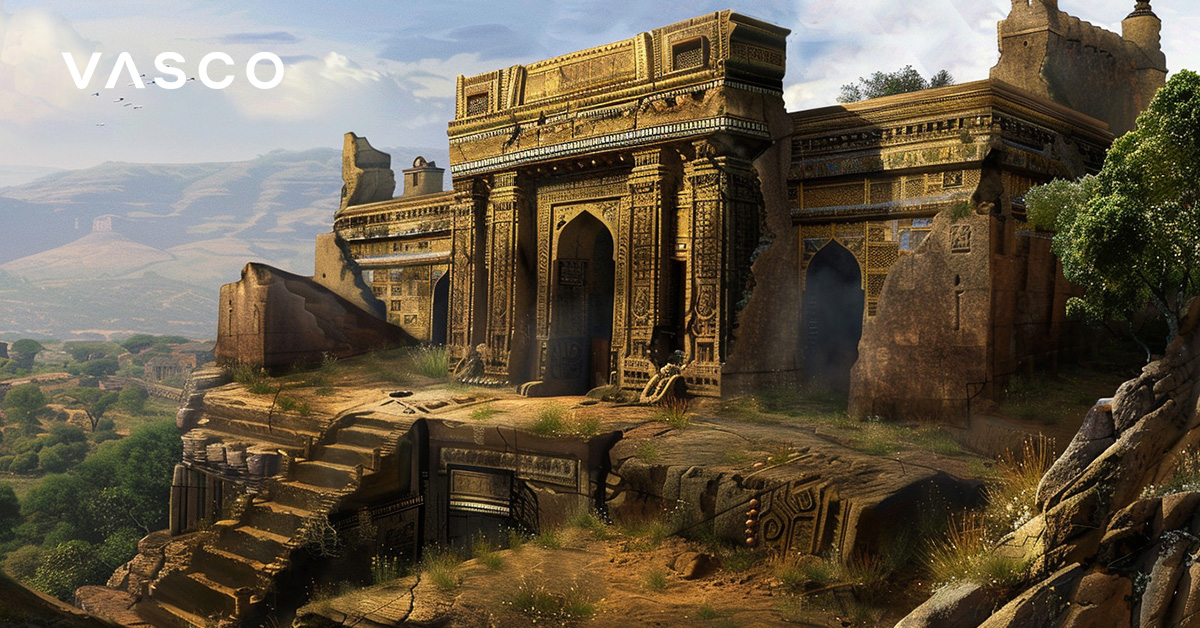
Trivia Time: Fun facts about Africa you may not know
Africa, often dubbed as the cradle of civilization, is a continent where the past and the present coexist in a vibrant tapestry of cultures, landscapes, and histories.
- One intriguing fact is that Africa is the only continent to stretch from the northern temperate zone to the southern temperate zone, making its climatic diversity as varied as its cultural fabric.
- Africa’s Sahara Desert is the world’s largest hot desert, while its Congo Basin houses the second-largest rainforest on the planet.
These geographical extremes encapsulate Africa’s environmental richness and its pivotal role in our global ecosystem.
How Many Countries Are There in Africa?
A question that often surprises many is the sheer number of sovereign nations within Africa.
With 54 recognized countries, Africa is the second most populous continent, housing approximately 1.3 billion people.
This diversity is mirrored in the myriad of languages spoken – over 3,000 – and a wide array of governmental structures, from sprawling democracies to kingdoms that still preserve ancient traditions. This complexity and diversity challenge many preconceived notions about Africa, showcasing its role as a powerful player on the world stage.

What is the Largest African Country? A Geographic Giant
When considering the size of African countries, Algeria stands out as the largest African country.
Spanning over 2.38 million square kilometers, it stretches from the Mediterranean coast to the deep Sahara Desert, embodying the geographic and cultural diversity that defines Africa.
This vast country is a mosaic of landscapes, from the stunning sand dunes of the Sahara to the lush oases and the rugged Atlas Mountains, offering a microcosm of the African continent’s vast ecological and cultural diversity.
Facts About Lake Victoria in Africa: A Natural Wonder
Lake Victoria, named after Queen Victoria by the British explorer, John Hanning Speke, is an African marvel that boasts being the continent’s largest lake.
But there are more facts about Lake Victoria in Africa if you can believe it!
It’s the world’s second-largest freshwater lake by surface area. The question you may also ask is how big is Lake Victoria in Africa? Spanning three countries – Tanzania, Uganda, and Kenya – it’s a vital source of the Nile River, supporting millions of lives through its abundant freshwater and fisheries.
The lake’s ecological importance is matched by its cultural significance, with communities along its shores maintaining lifestyles deeply intertwined with its waters.
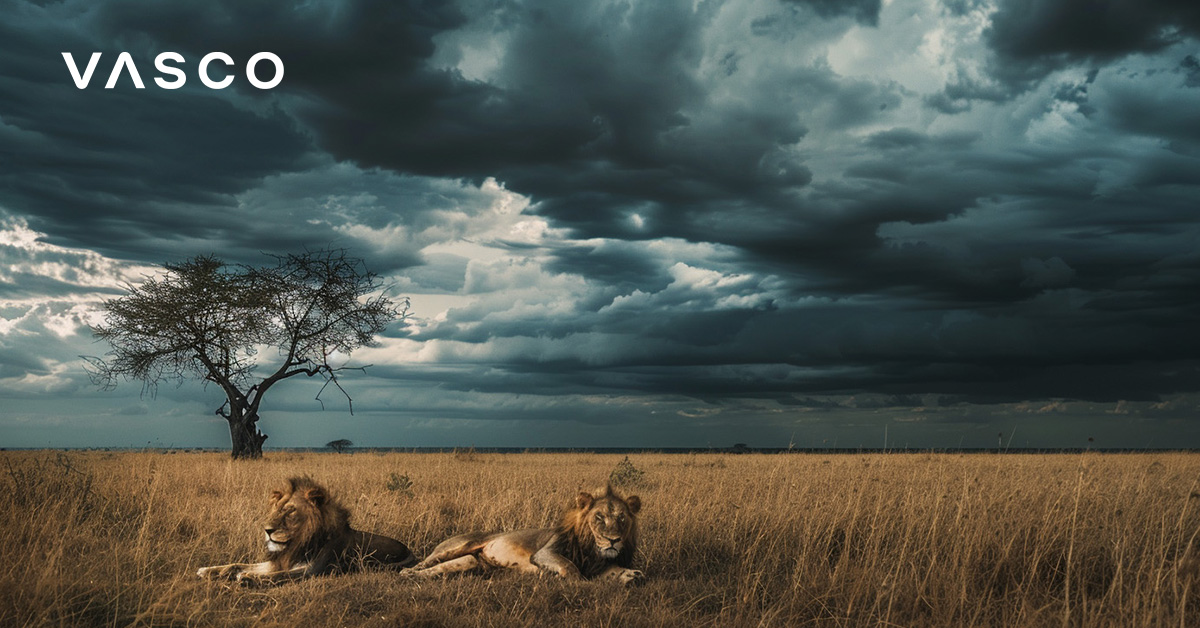
Interesting facts about animals in Africa: The Heartbeat of the Wild
Africa’s wildlife is unparalleled in its diversity and majesty. So, let’s see some fun facts about animals in Africa.
The continent is home to the iconic “Big Five”: lions, leopards, rhinoceroses, elephants, and Cape buffaloes, a term coined by big-game hunters but now predominantly used by safari tour operators.
One of the interesting facts about animals in Africa is that beyond these giants, this ecosystems support a dazzling array of life. From the fastest land animal, the cheetah, to over 2,500 species of birds. The preservation of these animals is critical, with conservation efforts highlighting the delicate balance between human expansion and wildlife protection.
Fun Facts About African Culture: A Tapestry of Traditions
African culture is a kaleidoscope of traditions, languages, arts, and histories. So, what are interesting facts about African culture?
Each ethnic group offers a unique perspective on the human experience, expressed through vibrant festivals, music, dance, and art. African traditional music, characterized by rhythmic complexity and a wide variety of instruments, plays a pivotal role in ceremonies and storytelling.
Meanwhile, traditional African food, with its emphasis on grains, beans, fruits, and vegetables, speaks to the continent’s innovation and diversity in cuisine, reflecting the environment and history of each region.
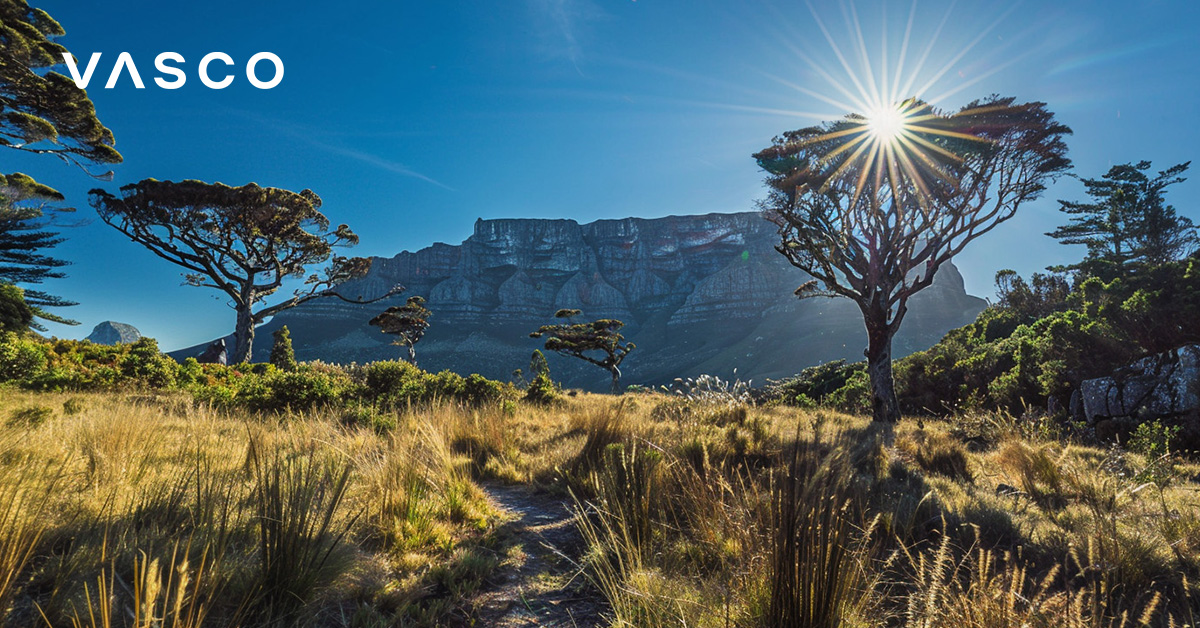
Facts about South Africa
African continent is vast – that is clear now! There’s no way to talk about it fully without Southern and Eastern Africa region.
Let’s see what are some interesting facts about South Africa with its rich cultural heritage!
Interesting Facts About Cape Town, South Africa: Where Mountains Meet the Sea
It’s impossible to talk about facts about South Africa, and not mention one of its largest country and its capital – which is also the largest city there.
Cape Town, the legislative capital of South Africa, offers a breathtaking blend of natural beauty, historical depth, and cultural vibrancy. While there, you can hike Table Mountain, one of the New Wonders of Nature that provides a stunning backdrop to the city.
The mountain’s flat top—a unique feature that gives it its name—provides panoramic views of the city and is home to over 1,500 species of plants. This makes it a key part of the Cape Floral Region, a UNESCO World Heritage Site.
It’s also where Nelson Mandela was imprisoned for 18 years, serves as a poignant reminder of the struggle for freedom and justice, drawing visitors from around the globe.
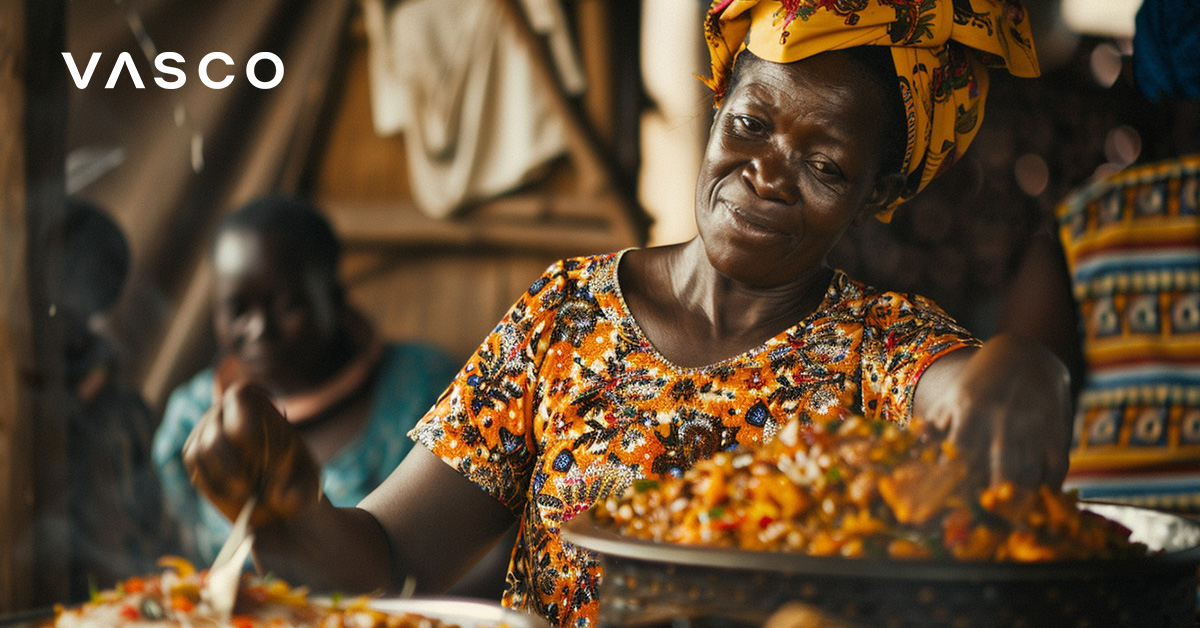
What Is Traditional African Food? A Culinary Journey
Let’s be real here, interesting facts about Africa should also embrace the culinary aspect!
Traditional African food is as diverse as the continent itself, offering a rich palette of flavors and ingredients. But since we talk about fun facts about South Africa, let’s focus on this area of the continent.
In Southern Africa, for instance, the “rainbow cuisine” reflects the country’s multicultural history, with dishes like biltong (dried, cured meat), bobotie (a spiced minced meat bake), and bunny chow (hollowed-out bread filled with curry) showcasing this diversity.
Across the continent, staple foods vary from injera in Ethiopia, a sourdough flatbread, to West Africa’s jollof rice, a one-pot rice dish. These meals are not just sustenance but stories on a plate, inviting those who partake to explore Africa’s history, cultures, and communities.
Trivia About South Africa: A Mosaic of Marvels
Facts about African culture get really interesting in this part of the continent.
- Southern Africa is often referred to as the “Rainbow Nation,” a term coined by Archbishop Desmond Tutu to describe the country’s multicultural diversity in the wake of apartheid.
- This diversity is mirrored in its 11 official languages, the most of any country globally, including Zulu, Xhosa, and Afrikaans.
- South Africa is also renowned for its wine production, with the Cape Winelands being one of the largest wine-producing regions in the world.
- The country’s innovative spirit is epitomized by the world’s first successful heart transplant in 1967 by Dr. Christiaan Barnard in Cape Town, marking a milestone in medical history.
Fun Facts About Africa: Conclusion
Africa, a continent of unparalleled diversity, offers an adventure that captivates the heart and enriches the soul.
From the awe-inspiring landscapes of South Africa to the vibrant traditions that pulse through its many countries, Africa is a mosaic of experiences waiting to be discovered.
Vasco Translator: A must-have companion for your African trip
As we journey through this magnificent continent, the Vasco Translator emerges as an indispensable companion.
This universal translator bridges language barriers, enabling travelers to immerse themselves fully in the rich tapestry of African cultures.
Whether navigating the bustling markets, exploring ancient ruins, or engaging with local communities, Vasco voice translator ensures that communication flows seamlessly, enhancing the travel experience. You can also use photo translator feature to quickly understand all text in your surroundings.
We hope you liked our most interesting facts about Africa. This fascinating continent calls to those eager for discovery, promising memories that will last a lifetime, with Vasco Translator by your side to ensure every moment is understood and cherished.
In the nutshell
Embark on an enlightening journey through facts about Africa, a continent rich in diversity and history. From the expansive landscapes of Lake Victoria and the vibrant wildlife to the mosaic of cultures and tantalizing traditional foods, Africa offers a world of discovery. Explore the historical depth and modern achievements of South Africa, including the multicultural wonder of Cape Town. Delve into the significance of traditional African music and the ecological marvels that make Africa unique. Equipped with the Vasco Translator, travelers can effortlessly navigate this vast continent, breaking down language barriers and fostering deeper connections. Africa is not just a destination but an experience, inviting the curious and the adventurous to immerse themselves in its enduring splendor.
